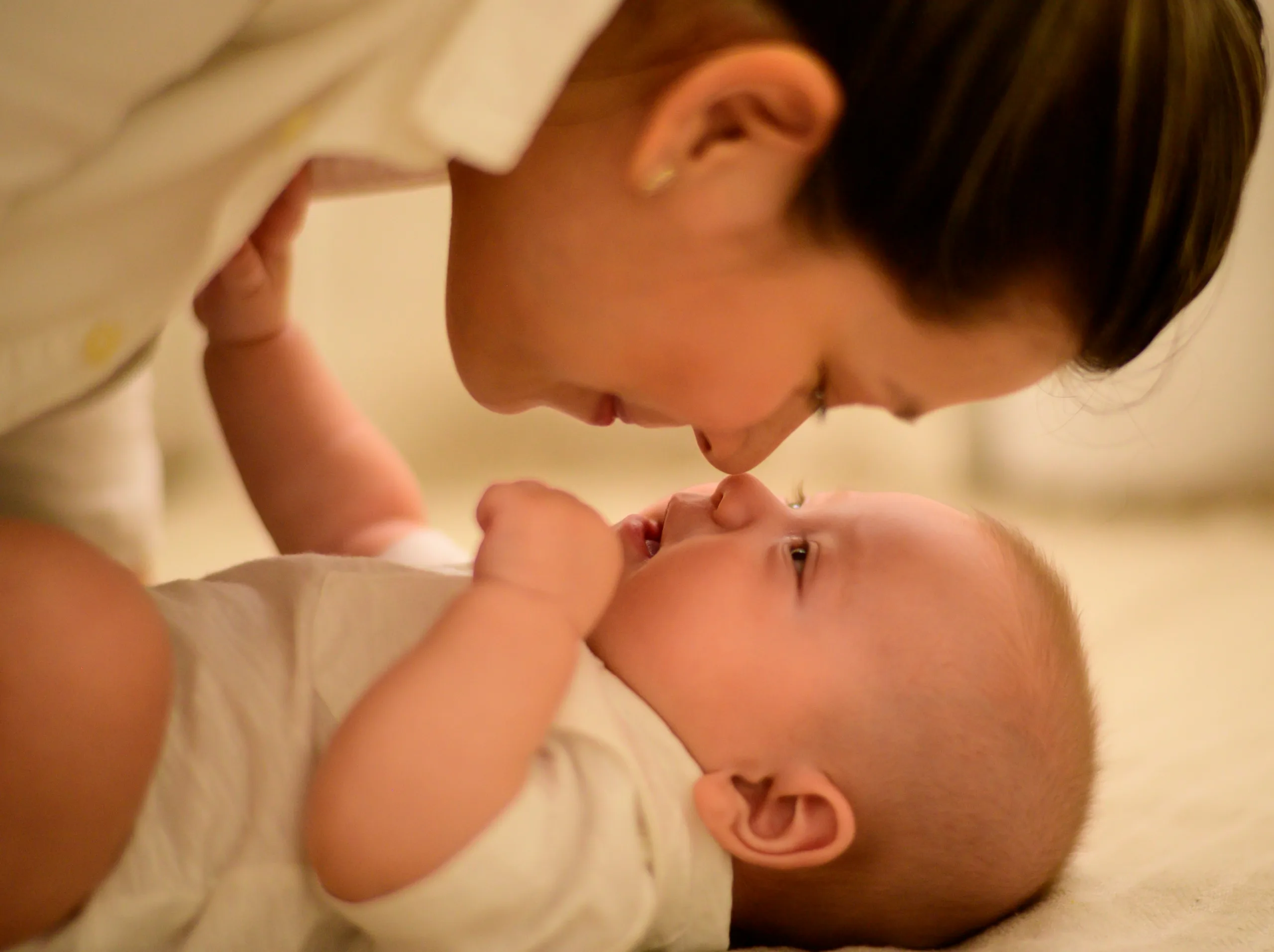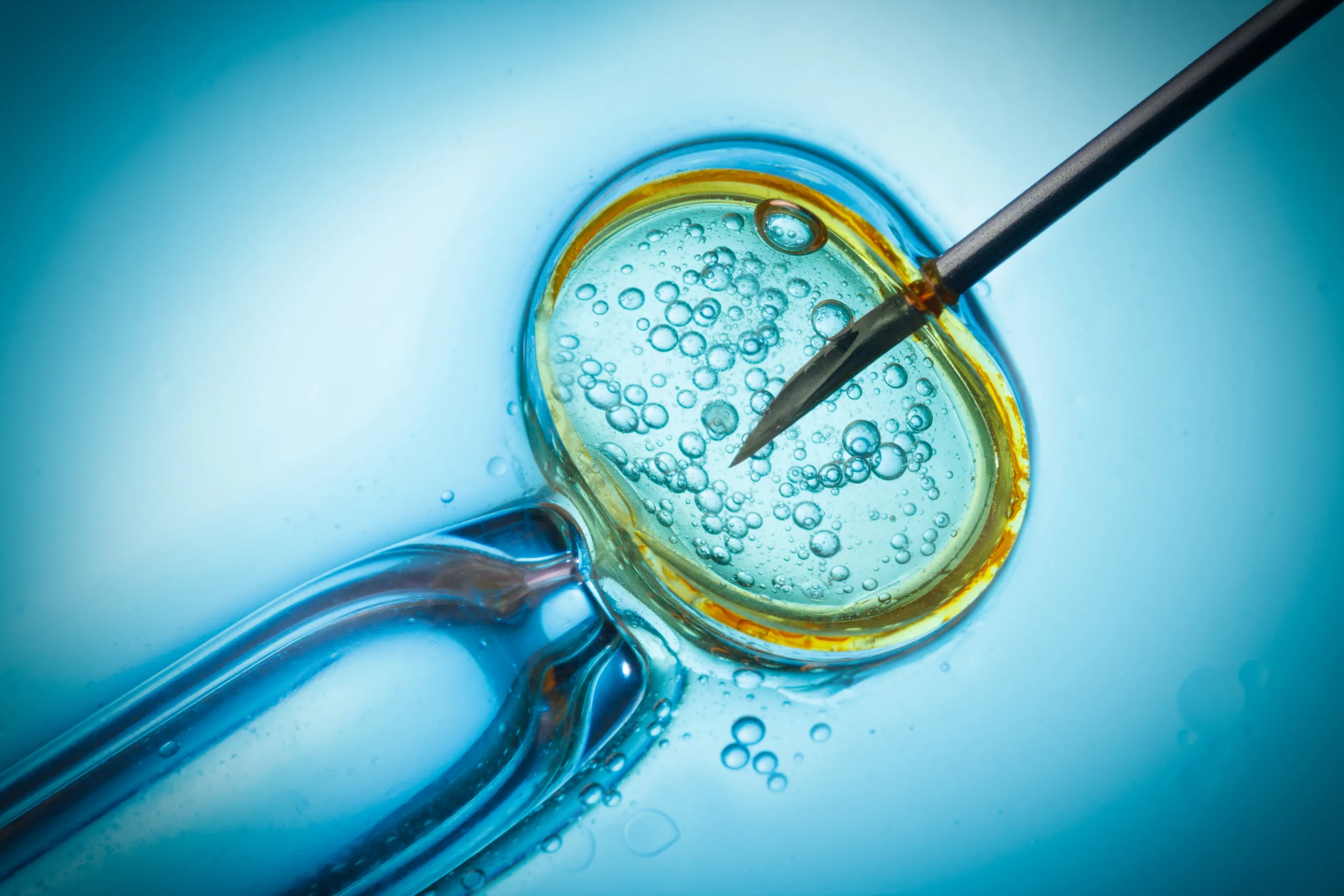The full article is reproduced below with kind permission.
Proposals for greater equality of fertility provision for LGBTQ+ people and people living with HIV
Introduction
On 15 May 2024, the Government laid a statutory instrument before Parliament to update the Human Fertilisation and Embryology Act 1990 so that people living with HIV and female same-sex couples will have fewer barriers to building their own families through assisted fertility. If enacted, this change will be an important step towards equal access to fertility provision and enable more people to fulfil their dreams of having children.
Greater access to fertility treatment for people living with HIV
Significant proposed legal changes are afoot to permit gamete donation from those with HIV with an undetectable viral load of less than 200 per millilitre to their partners (also referred to as non-transmissible HIV).
Currently, only men with HIV can donate their sperm to their female partner. The existing law has led to an ongoing inequality for people living with HIV, especially gay people living with HIV.
The proposals will redress this inequality for those with an undetectable viral load so that they can donate their gametes to friends, family and known recipients. In addition to the undetectable viral load, the donor must have been receiving antiretroviral treatment for at least 6 months prior to donation of the gametes and the known recipient must be aware of the donor’s HIV diagnosis and, once appraised of that knowledge, provide informed consent.
The National Aids Trust has been campaigning for equal fertility rights for people living with HIV for many years. Deborah Gold, the Chief Executive Officer of National Aids Trust is quoted as follows:
“As an HIV rights organisation, we have worked hard, over many years, to bring about this change, and are delighted that this discriminatory law will be coming to an end. Changing this needless and unfair obstacle is a huge win for both HIV and LGBT+ rights. We share this victory with our colleagues at the British HIV Association (BHIVA), parliamentarians who have spoken out on this injustice, our supporters and, importantly, every person living with HIV who shared their own stories to raise awareness of this issue.
“We are absolutely thrilled at the prospect of the many families that can now be formed, and lives that will be brought into being, as a result of this historic change. We are now looking ahead to Parliament approving this secondary legislation, and celebrating the huge difference it will bring to lives and choices of LGBT+ people living with HIV.”
Reciprocal IVF for female same-sex couples
Presently, female same-sex couples seeking to have reciprocal IVF (where the eggs of one are donated to the other) are obliged to pay for screening for Hepatitis B, Hepatitis C, Rubella and other genetic screening, such as for cystic fibrosis, which can cost in the region of £1,000 while heterosexual couples are not obliged to undergo this screening. This proposed statutory instrument will eliminate this additional screening for female same-sex couples undertaking reciprocal IVF and will remove a barrier to equal access to fertility treatment.
On 15 May, Julia Chain, Chair of the Human Fertilisation and Embryology Authority reacted to the changes as follows:
“The HFEA welcomes the changes to the law on partner donation in relation to reciprocal IVF, and egg and sperm donation from those who have HIV with an undetectable viral load.
“Fertility treatment is helping more people than ever to create their family, and everyone undergoing fertility treatment should be treated fairly. This will save time and money for female same sex couples having reciprocal IVF.
“For known donation from individuals with undetectable HIV, we anticipate that the first clinics will be able to start offering this treatment around three months following a change in the law.
“If the proposals are accepted, the definition of ‘partner donation’ will change to allow couples undergoing reciprocal IVF to undergo the same screening as heterosexual couples.
“We encourage any patients or donors who may be affected by these changes to visit the HFEA website to find out free and impartial information, including about how to choose a fertility clinic.”
These changes, if and when enacted, will redress some of the egregious discriminatory barriers in accessing fertility treatment and be transformative to so many. The pressure is now on to ensure these proposals are implemented as soon as possible.
Published by Family Law Week on 30 May 2024 – https://www.familylawweek.co.uk/articles/proposals-for-greater-equality-of-fertility-provision-for-lgbtq-people-and-people-living-with-hiv/
For further information, please contact Sarah Williams, Partner or Evelyn Collins in the Family department or, alternatively, telephone on 020 7465 4300.
To learn more about Modern Family Law visit our dedicated webpage and download a free copy of our Essential Guide to Modern Family here.








